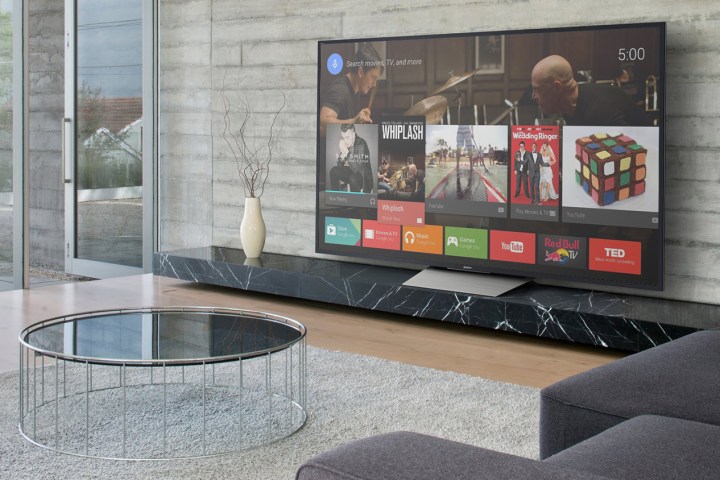
However, thanks to the technological magic of the internet, you can trick Netflix into thinking you’re in a different part of the world, and thereby gain access to hundreds — if not thousands — of different movies that you wouldn’t otherwise be able to see. Since Netflix detects where you are browsing from based on your IP address, getting around the company’s geoblocking will require you to disguise your IP address, making it look like you are in a different country than you actually are.
Use a VPN to disguise your IP address
The most obvious way to do this is by connecting to the internet through a virtual private network (VPN). A VPN is a network of computers that your own computer connects to before connecting to the wider internet. The network functions as a go-between; any data you send out goes through the
For example, imagine a person living in Australia who wants access to Netflix’s U.S. library. If they first connect to a VPN based in the United States, when the user accesses Netflix, the site will see the VPN’s IP address and think the user is in the United States.
Connecting to a VPN is simple — the only obstacle is finding one. If you want to access Netflix’s titles in a certain country (we will use the U.S. as an example), you will need access to a computer or network in that country. If you already have such a thing — perhaps you own a server based in the U.S.– connecting is straightforward, as both Windows and Mac OS have built-in utilities to configure a
If you don’t have access to a computer or network in the country you desire, the easiest thing to do is subscribe to a VPN service. There are numerous companies that offer
For the purposes of geoblocking, it is essential to use a VPN service that offers you a dedicated IP. This is because Netflix has been very active in blocking
Note that a dedicated IP address is not as good for protecting your anonymity, as you are constantly moving data through the same point. If getting around Netflix’s geoblocking is your only concern, however, a dedicated IP is your best bet.
If you want more information on selecting a VPN, check out our roundup of some of our favorite VPN services.
You should probably not use Tor
Although the software known as Tor (The Onion Router) is a popular tool to get around geoblocking, it is not an optimal way to get around Netflix’s detection, or any other streaming service’s, for that matter. This is because Tor uses multiple layers of encryption as it passes data through various nodes. The frequent encrypting and decrypting means that browsing the internet on Tor is much slower than normal, and this is especially true when streaming video.
Use a browser extension to mask your IP
If using a VPN seems like too much of a hassle, you can also try using any of the various browser extensions on the market that offer to conceal your IP. There are various free and subscription-based apps — such as Proxymate –for Chrome, Android, iOS, and other browsers that will route your traffic through a proxy server, allowing you to bypass geoblocking. Keep in mind that Netflix is aware of these programs, however, and has cracked down on them in the past. The Hola app is just one example.
These apps can also be malicious, as some will sell your browsing information, or worse. If you are considering one of these apps, do your research first, and be aware that any such app could be rendered useless any day.


